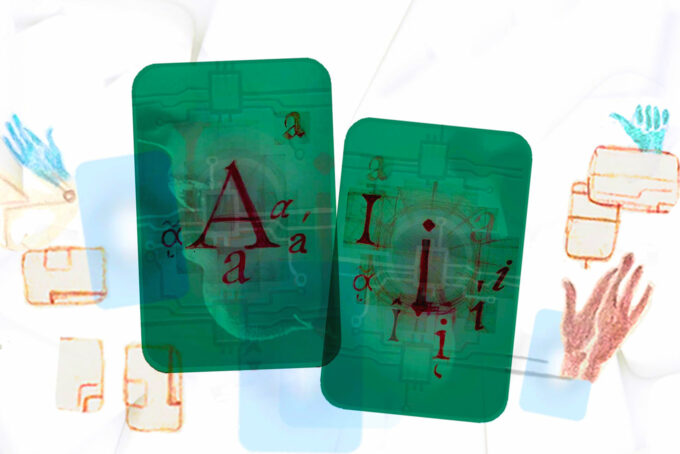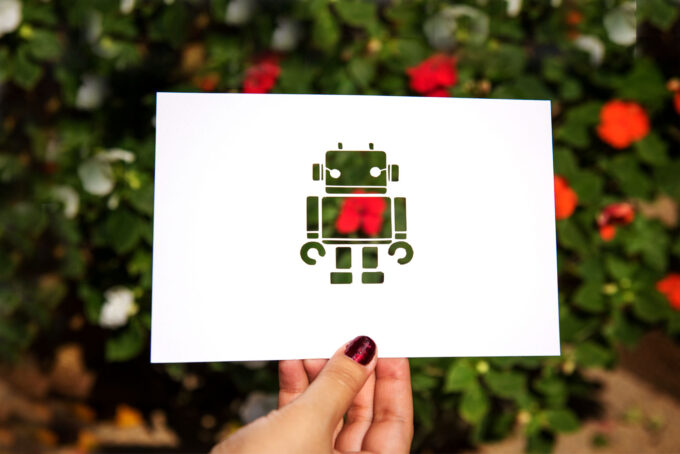
Tips and Best Practices: How Libraries Digitise Their Learning Opportunities
Even if libraries are gradually reopening, it is still worthwhile to accelerate the further digitisation of their services. More digital services will enable libraries to promote openness more convincingly and to prepare for possible new closures of their local services. But how can training and other library services be offered online in a meaningful manner? We have put together some tips.
by Birgit Fingerle
In the face of the COVID 19 pandemic, many libraries were forced to close and could only offer their services online. A cautious opening is currently taking place in many cases gradually. However, it could be useful to use the momentum of the crisis to systematically digitalise the library’s services now, where this has not yet happened. For what would otherwise happen if the buildings were to be closed again? And couldn’t libraries benefit anyway by further opening their services to online use? In the following text we provide some collections of recommendations.
Designing online learning opportunities
- The Faculty Playbook is meant to help lecturers improve course design, teaching and learning in online environments. Especially for lecturers who teach online for the first time, it offers strategies for the start and subsequent improvements: Faculty Playbook – Delivering High-Quality Instruction Online in Response to COVID-19.
- 14 tips to improve online teaching from an online learning expert: Coronavirus: 14 simple tips for better online teaching.
- A collection of recommendations and resources for conducting online courses and other former face-to-face activities online: Distance and online learning, collection of advice and resources for running courses at a distance, doing activities online that were previously face-to-face .
- Basic steps that contribute to a positive online learning experience when switching to online courses: 5 key components of successful online courses.
- Some tips from online teachers on how to support students in online learning: 10 best practices for live virtual teaching.
- Since on-site events cannot be simulated online one-to-one and transformation from one day to the next does not necessarily work, the author has compiled her ten favourite moments of virtual teaching: “He Had No Pants on.” 10 Awkward, Human Moments in the Move to Online Learning
- Videos are one good way to communicate with library patrons and to provide services even while the library building is closed. How to start with it: Videos Can Reach Library Users at Home Now and in the Future. Here’s Your Starter Kit.
- Which stumbling blocks courses via video conferencing can contain and how to protect yourself against them: Holding Class on Zoom? Beware of These Hacks, Hijinks and Hazards.
- E-teaching.org (German), das Hochschulforum Digitalisierung (HFD) und die Gesellschaft für Medien in der Wissenschaft (GMW) conducted the qualification special “Quickstarter Online Teaching” (German). Recordings of previous sessions are available and from 17 June 2020 onwards the training will be continued with part two of Quickstarter Online Teaching (German).
- Recording of an online event with practical tips for simple means of carrying out university teaching online: Good online teaching – practical tips for getting started (German).
- Massive open online course for adult education, which teaches the most important aspects of digital working in teaching, training and education management: EBmooc plus (German).
- Tips for presentations held online: With these tips your digital presentation will succeed (Geman).
Offering Open Educational Resources
- The digitisation of library services should also remind us to focus on Open Educational Resources (OER) once again. This compilation offers an overview of useful search strategies, contact points and potential activities: Open contents and tools – especially in view of the Corona crisis (German).
- The OER Starter Kit Workbook is designed to help educators build the skills to find, use or create OERs: The OER Starter Kit Workbook.
- The Open Education Handbook supports OER practice with information on the creation and development of OERs, helpful tools for the creation and remix of OERs and further more: OER Toolkit.
- The Open Education Handbook supports OER practice with information on the creation and development of OERs, helpful tools for the creation and remix of OERs and further more: Open Education Handbook .
- The Algonquin Colleges offer an extensive OER course. Topics range from best practices in finding to creating your own OER: OER for faculty.
- Brochures to download, dealing with various OER and legal aspects for people who want to create OERs: Eight in one go: OER compact knowledge in brochures (German).
- Open.Education supports teachers in implementing open education in their schools.
- Exchange, networking and coaching for all those who want to create and share OERs themselves is offered free of charge by creatOERs.
Do you know more tips?
Further information:
- Tool Collections: Chose the Right Tools for digital Collaboration and Learning: .
- OER Guidelines and Tutorials: How to Create Open Educational Resources.
- Practice Report Open Science: These Tools Promote Collaboration.
- Practicing Open Science with Students: How does Blogging work as a Teaching Concept.
You can also find further training and event offers in our calendar of events.
Author: Birgit Fingerle
Birgit Fingerle holds a diploma in economics and business administration and works at ZBW, among others, in the fields innovation management, open innovation, open science and currently in particular with the “Open Economics Guide”. Birgit Fingerle can also be found on Twitter.
Portrait, photographer: Northerncards©
View Comments

Tool Collections: Choose the Right Tools for Digital Collaboration and Learning
Tools for remote working and distance learning are currently in high demand. But...



